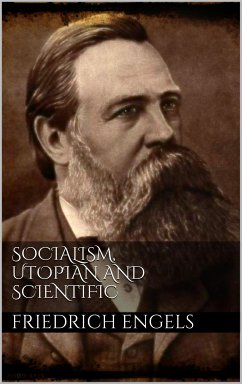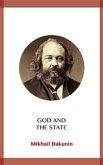Dieser Download kann aus rechtlichen Gründen nur mit Rechnungsadresse in A, B, BG, CY, HR, DK, EW, FIN, F, D, GR, IRL, I, LR, LT, L, M, NL, PL, P, CZ, R, SK, SLO, S, H ausgeliefert werden.
Bitte wählen Sie Ihr Anliegen aus.
Rechnungen
Retourenschein anfordern
Bestellstatus
Storno









